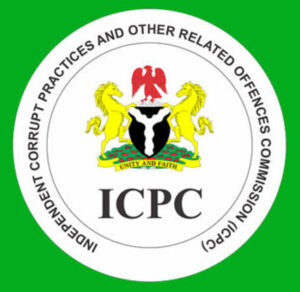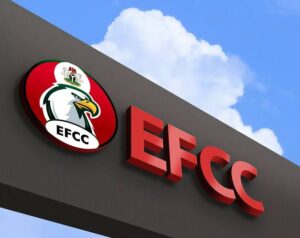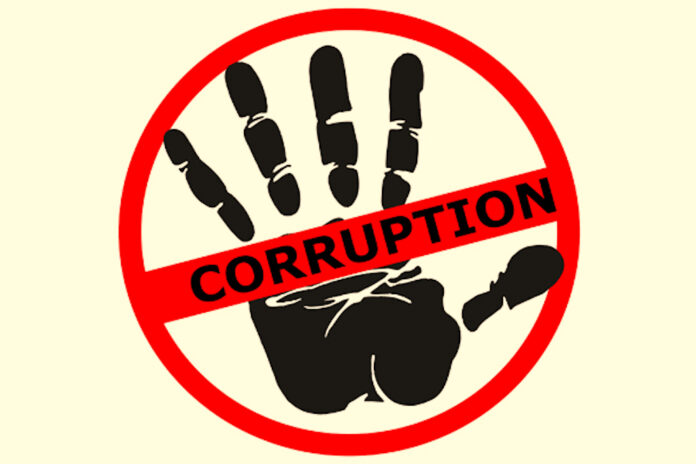Ironically, even the agencies established to combat corruption often fall prey to the same malpractices they are meant to eradicate.
Nigeria has several agencies tasked with fighting corruption, notably the Economic and Financial Crimes Commission (EFCC) and the Independent Corrupt Practices and Other Related Offences Commission (ICPC). These agencies are empowered to investigate, prosecute, and prevent corruption-related offenses.
Their effectiveness is crucial for establishing transparency and accountability within the government and private sectors.
Despite their mandates, reports of corruption within these agencies have surfaced repeatedly. Allegations range from bribery and favoritism to the selective prosecution of cases and mismanagement of recovered assets.
For instance, some officials have been accused of demanding bribes to alter investigations or to shield certain individuals from prosecution. Such practices not only erode public trust but also embolden corrupt individuals who feel protected from the law.

Several factors contribute to corruption within anti-corruption agencies in Nigeria:
1. Political Interference: Political influence often undermines the independence of anti-corruption agencies. Officials may face pressure to drop cases or target political opponents selectively.
2. Inadequate Oversight: There is often insufficient oversight and accountability mechanisms within these agencies, allowing corrupt practices to go unchecked.
3. Lack of Resources: Limited funding and resources can hamper effective operations, which may drive officials to engage in corrupt practices to supplement their income.
4. Weak Judicial System: A judicial system that is itself plagued by corruption and inefficiency can undermine the efforts of anti-corruption agencies.
Corruption within anti-corruption agencies poses severe implications for Nigeria’s broader anti-corruption efforts. It leads to a loss of credibility and public trust, making citizens less likely to report corrupt activities.
Moreover, it creates a vicious cycle where corruption begets more corruption, entrenching a culture of impunity. When those tasked with fighting corruption are themselves corrupt, it sends a signal that no one is accountable, further entrenching corrupt practices in all levels of society.

Addressing corruption within anti-corruption agencies requires:
1. Strengthening Institutional Frameworks: Enhancing the autonomy and independence of anti-corruption agencies is crucial.
2. Enhancing Oversight: Implementing robust oversight mechanisms, including regular audits and external reviews, can help detect and prevent corruption.
3. Judicial Reforms: Strengthening the judiciary to ensure swift and fair prosecution of corruption cases is vital.
4. Public Engagement: Increasing transparency and engaging the public in anti-corruption efforts can enhance accountability.
The fight against corruption in Nigeria faces significant difficulties, particularly when anti-corruption agencies themselves are compromised. A holistic approach, addressing both the symptoms and root causes of corruption within these agencies, is essential for restoring their integrity and effectiveness.




